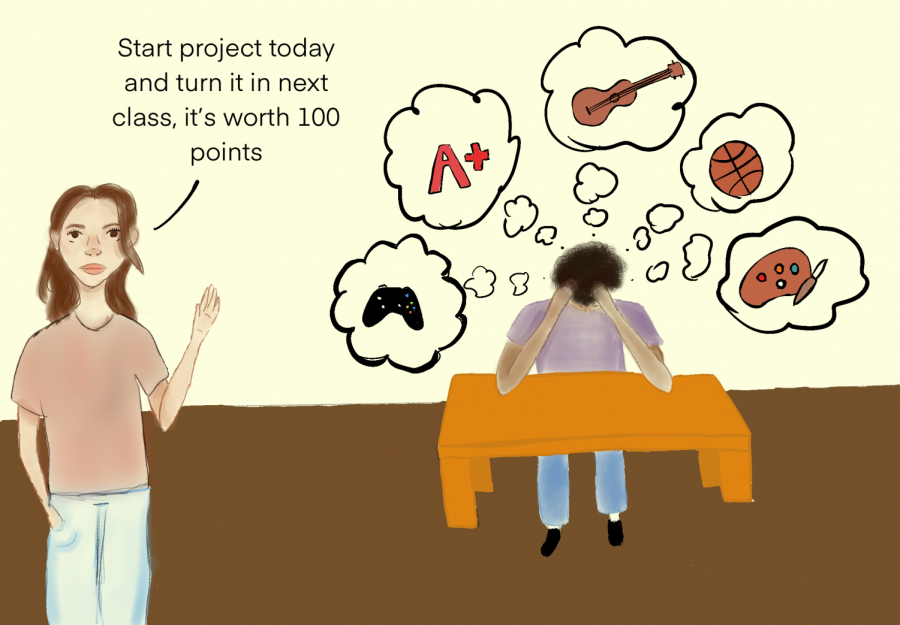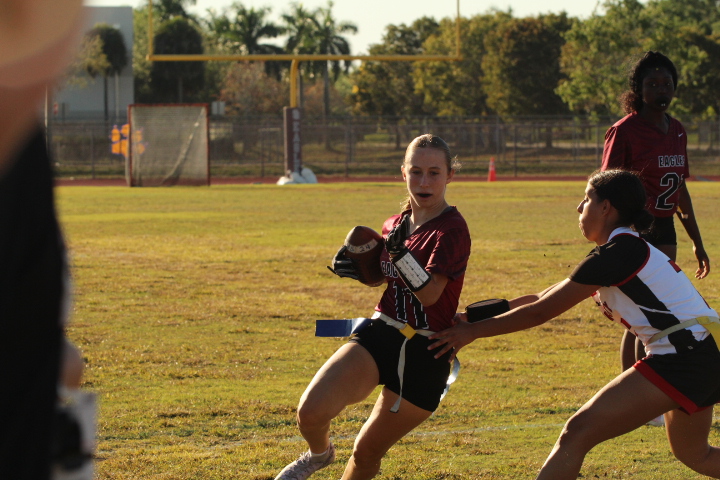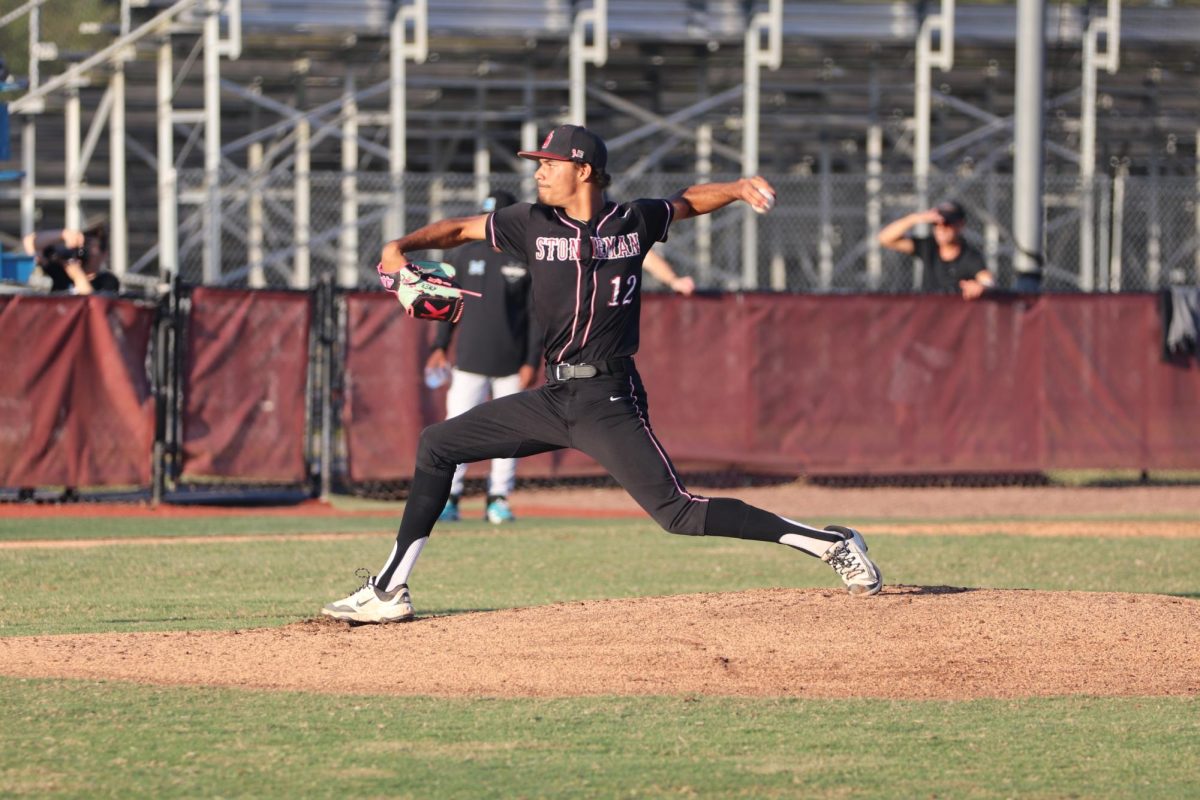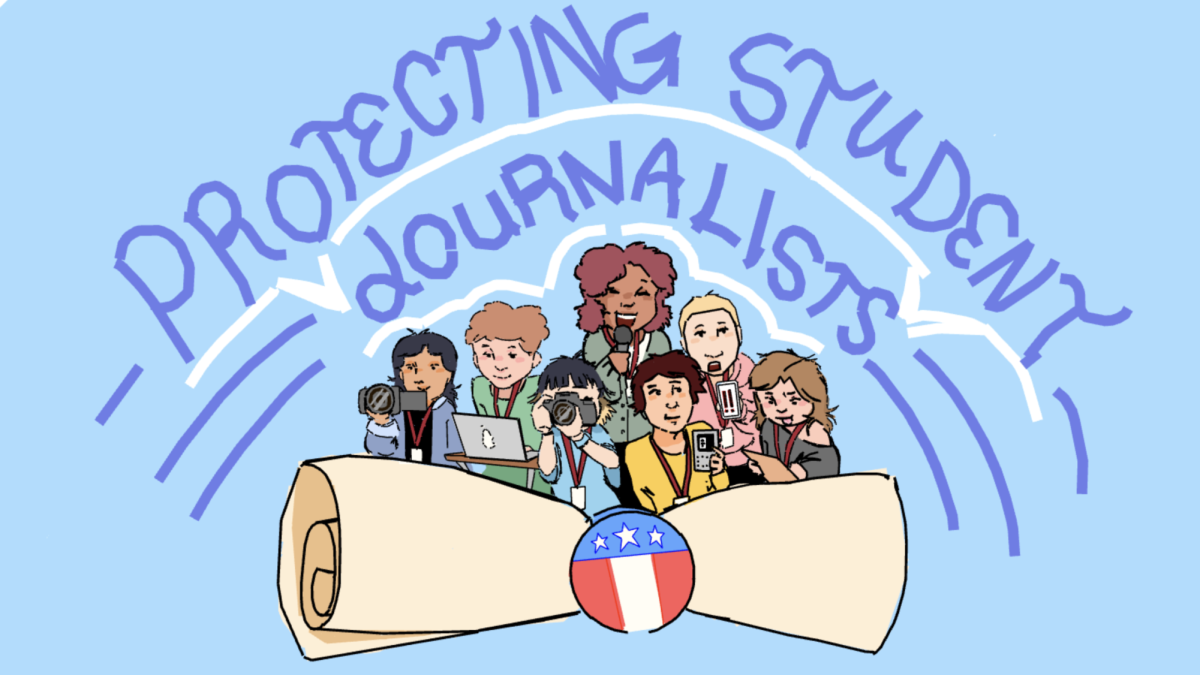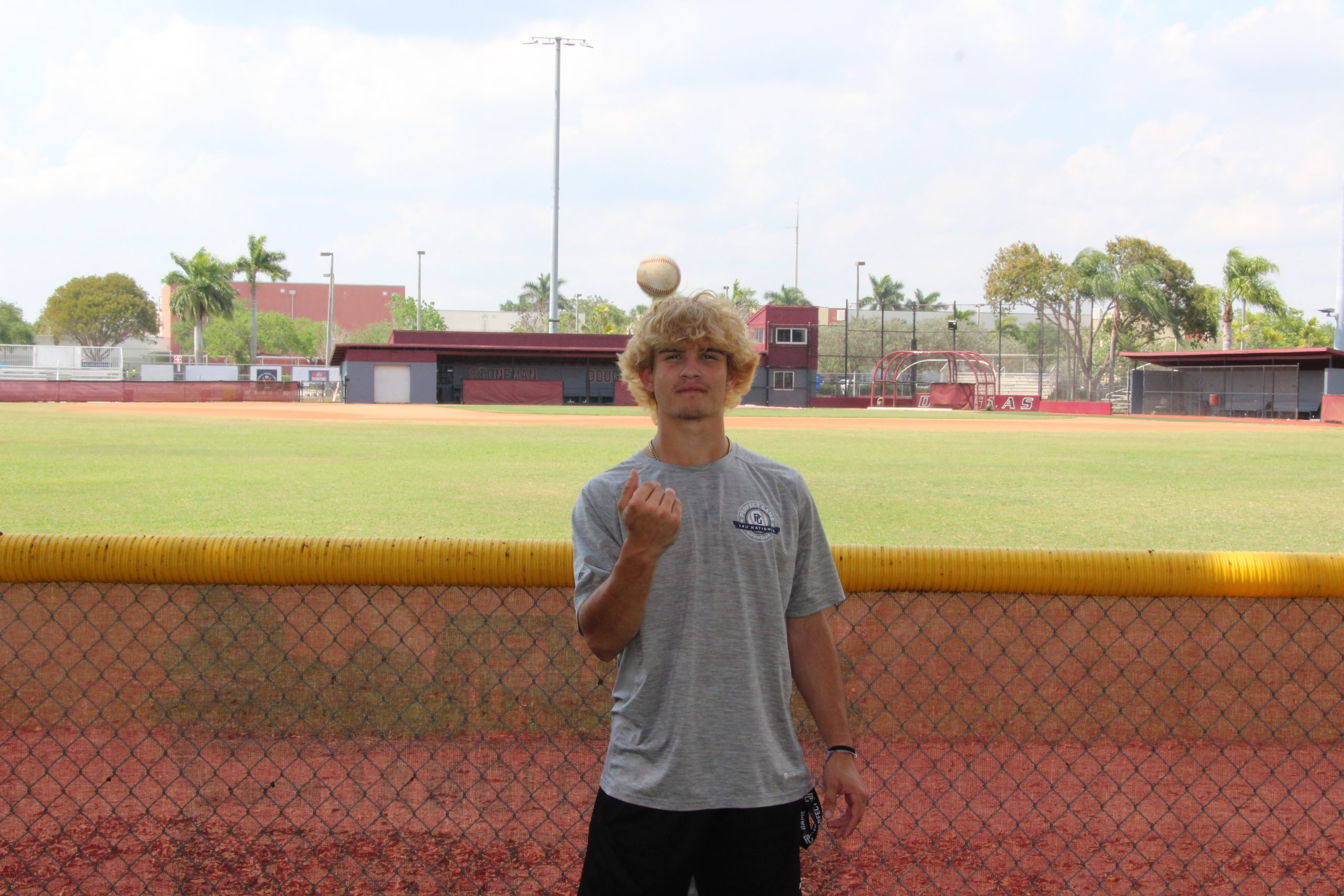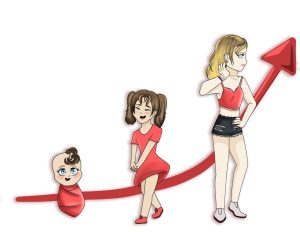Extracurriculars result in students slipping academically
Students who participate in large amounts of extracurriculars are more likely to fall behind academically.
October 20, 2021
New school years bring numerous new opportunities to students. From dual enrollment to clubs, or sports to volunteering, the options are endless.
More often than not, students will dive deep into a handful of extracurriculars. However, students do not realize the severe impact that such a heavy load of activities has on them, forcing them to choose one option: to spend less and less time on school work or to pack it all in and suffer to meet short deadlines.
Each day, while students procrastinate on deadlines, their workload accumulates. Procrastination results in anxiety, depression, stress, sleep deprivation and even suicidal thoughts. Simpler said than done, getting all work done right away is a tricky feat, and teens lose motivation to even start.
Seniors and juniors specifically, tend to fill their plates with extracurriculars to improve their chances of being admitted into their dream college. Although on a lesser scale, freshmen and sophomores feel this struggle as well and tend to take on too much. This can result in a decrease in grades, canceling out the pros of all the extracurriculars they are taking on.
Club meetings, athletics and sometimes even a part-time job can keep students occupied all afternoon. As a result, they get their work done by sacrificing their own down time and sleep.
Students will stay up late just to complete all their school work as they lack free time after school. According to the Centers for Disease Control and Prevention, around 72.7% of high schoolers do not get enough sleep on school nights.
The need for all these extracurriculars is to improve chances of students to get into colleges. 66% of high schoolers persistently worry about college acceptance.
College acceptance, regardless is important, but students are pressuring themselves absurd amounts over it. Most students are participating in this many extracurriculars for the sole goal of college acceptance. This ultimatum is dangerous, and is damaging in the long-run. Students sacrifice an enjoyable high school experience for extracurriculars that will be useless in the years to follow.
Sleep deprivation is relatively common among teenagers, as they rely on a couple hours of sleep and caffeine to power through the day. While barely awake, focus decreases immensely, requiring even more time after school to catch up on what they missed while zoning out.
Sleepless nights, and all-nighters keep students on track for their goals. Filling days to the brim and failing to follow through on what needs to be met. More often than not, placing all their eggs in one basket, but eventually it is no longer capable of managing.
To filter distractions, and better manage time, students must follow a schedule to complete all tasks. And if it cannot be managed, priorities must be made, and the others have to be dropped.
Distractions in and out of school force students to dedicate more time to complete the tremendous tasks they have daily. The intense workload does not include the responsibilities students encounter at home, such as chores and laundry.
Parents hold their children to certain standards, such as grades, sports, extracurriculars and academic commitments and arrangements at home. 61% of students ages 13-17 claim to be under pressure to earn good grades.
Students in higher level courses, such as Advanced Placement or Honors classes, receive several assignments with short due dates to complete. Some English classes have daily reading on their literary texts, which causes students to fall behind due to the little time to complete everything.
More and more teens are becoming mentally drained from the pressures placed on them, either through themselves or someone else. 1 in 3 students have experienced feelings of sadness or hopelessness. Suicide rates among teens exponentially grow year by year.
Rising expectations on students pressure them into adding activities onto their plate to meet the expectations of their parents, or anybody with influence on them. Competition among students pushes them to do more and work harder, not always viable nor achievable. This understanding further creates self-hatred and low self-esteem among an already struggling demographic.
High schoolers are taking on unrealistic amounts of activities, and at a certain point, will burn out. They will only be able to withstand these wild routines for so long, meaning they will need to find a balance or give up a thing or two.
As critical as college admissions or proving yourself can be, it is placing students on an impossible pedestal with an undefeatable rise to the top. Students beat themselves up to meet impossible standards. Taking on more than necessary, as they feel lacking compared to others.
Students need to learn to prioritize their health above their work and responsibilities, as it is the only way to prevent them from falling down an unreturnable slippery slope.

